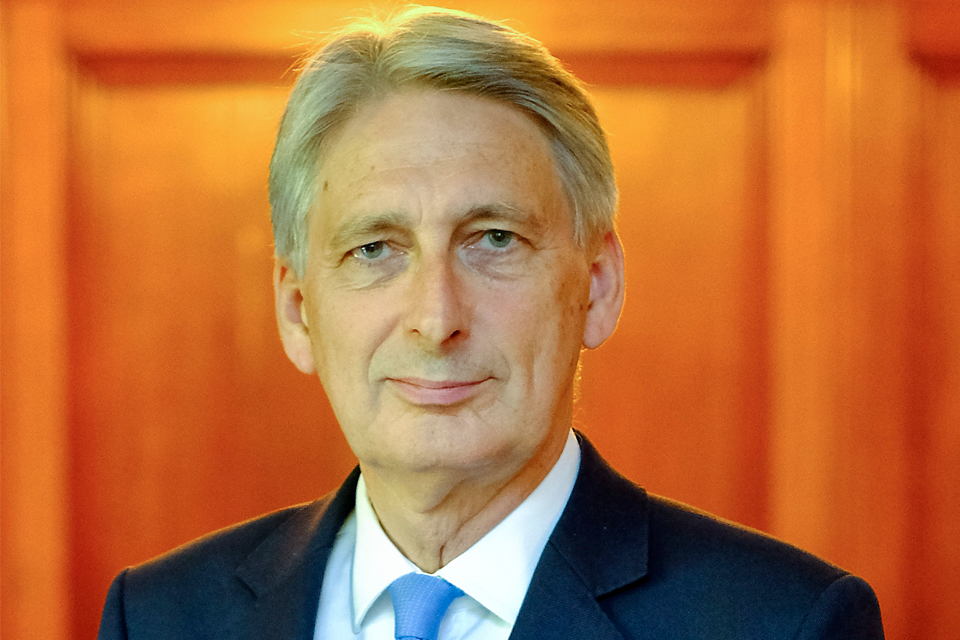EU Transport Council 14 October 2010
Written statement by the Rt Hon Philip Hammond MP, Secretary of State for Transport.

The first Transport Council of the Belgian Presidency was held in Luxembourg on 15 October. The United Kingdom was represented by the Deputy Permanent Representative.
The Council reached a political agreement on the Directive amending Directive 1999/62 on charging of heavy goods vehicles (the Eurovignette Directive). The political agreement was acceptable to the UK.
Neither the existing Directive nor the proposed amendment require the use of tolls or user charges but where member states choose to apply them they must respect the rules. The presidency had tabled a compromise proposal, the main elements of which were: to remove all requirements for mandatory hypothecation of revenues to transport projects, to remove the possibility of adding a supplement for congestion, while allowing significant variation of charges within the overall revenue limit; and to allow member states the choice not to apply tolls and charges to lorries below 12 tonnes.
Further modifications made by the presidency at the council, included provision that the cleanest vehicles would be exempt from any external cost charges for four years after dates of application; and that EURO V and EURO VI standard vehicles would have a zero charge for air pollution until the end of 2013 and 2017 respectively; on the key issues for the UK (mandatory hypothecation and inclusion of vehicles under 12 tonnes) the text was acceptable.
The UK and Sweden entered a minutes statement, stating that in our view the Directive should have been taken on a fiscal legal base.
The Council adopted a mandate authorising the Commission to open negotiations with Brazil on a comprehensive air transport agreement, with the aim of opening up traffic rights between the EU and Brazil. The UK supports the opening of negotiations.
There was an exchange of views on strategy and the future of transport 2010 to 2020, in advance of publication of the European Commission’s white paper on transport policy, expected in December or January.
In the debate, member states supported the need to develop a more sustainable transport network. There was wide support for a financial framework to support infrastructure developments and intelligent transport technology (ITS) implementation, although some member states pointed out that the EU must not undermine domestic efforts to cut deficits. The UK highlighted the need to focus on areas with proven EU added value and ensure long term fiscal stability. Major EU projects such as SESAR and Galileo should be completed on time and budget. Long term priorities should be the full liberalisation of the single market, transport safety and security, recognising trade opportunities, and moving to a low carbon economy.
Under AOB, the Commission presented a draft council decision on the public regulated service of the Galileo satellite navigation programme. This should be ready to put to the Council early next year.
The Commission also presented a proposal for a recast of the rail liberalisation package, on which discussions in the working group have already started.